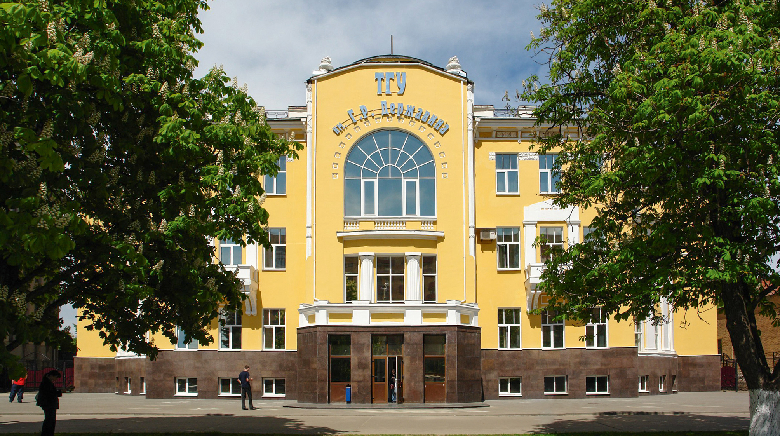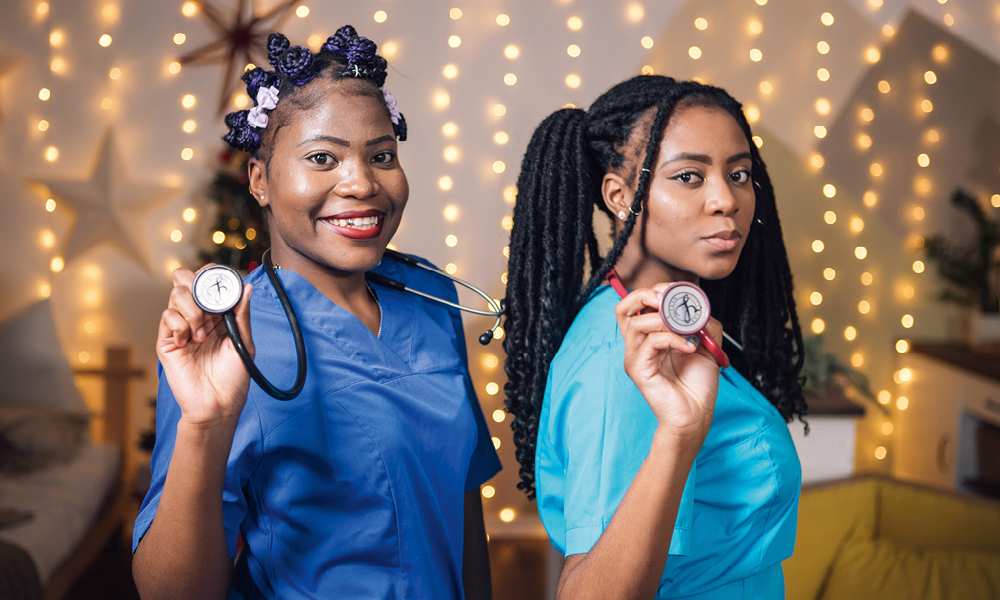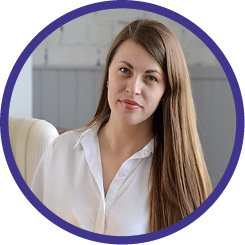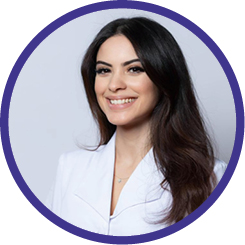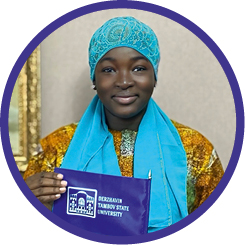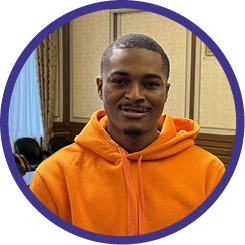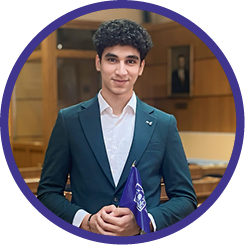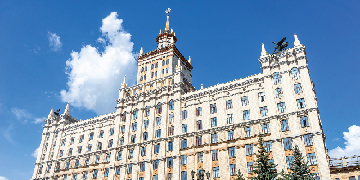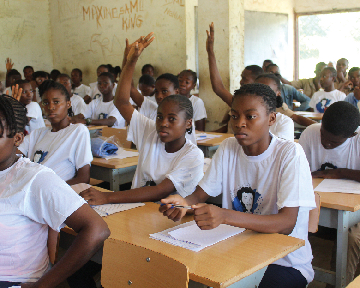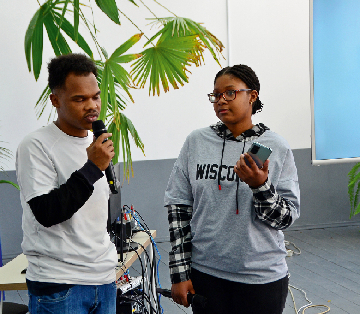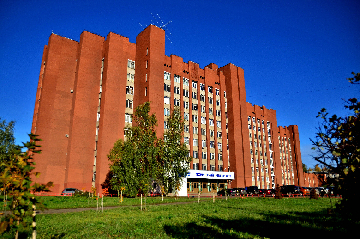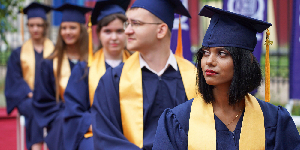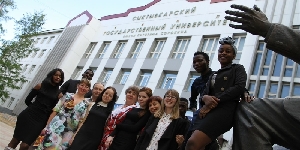11
institutes and faculties
2,100+
international students from 60 countries
41
scientific centers and laboratories
122
agreements with international partners
100+
student associations and clubs
Derzhavin Tambov State University is a classical university in Central Russia with a hundred years' history and rich research and educational potential. Derzhavin University offers a full range of traditional and modern educational programs with top-notch teaching and research.
Derzhavin University is the only university in the Tambov Region to participate in the largest state program to support leading Russian universities,“Priority 2030.”
Over the last ten years, Derzhavin University has turned out more than 3,000 international graduates from 90 countries who have found jobs and have been building their successful careers in Russia and abroad.
www.tsutmb.ru
eng.tsutmb.ru
VK – @tsutmb
Telegram – @tsutmb
Tuition fees per year
Bachelor’s and Specialist’s programs – from 220,000 RUB
Master's programs – from 230,000 RUB
Residency programs – from 287,000 RUB
PhD programs – from 275,000 RUB
Preparatory faculty – 145,000 RUB
Admission
Foreign citizens can study at Derzhavin University for free (in state-funded places):
Foreign citizens can study at TSU on a commercial basis. To get a consultation on admission on a commercial basis, contact us at ums@tsutmb.ru or WhatsApp +7 920 496-13-84
Entrance exams
Entrance exams are held offline and online in the computer-based test format in general subjects from the list of entrance exams relevant to the chosen field of study.
Additional entrance exams (professional or creativity exams) are held offline only.
List of documents:
- Passport and its notarized translation.
- Educational document (certificate) and its notarized translation.
- Educational document recognition certificate (if necessary).
Fields of study
- Informatics, Programming and Computer Sciences
- Artificial Intelligence Technologies
- Physical and Mathematical Sciences
- Natural Sciences
- Humanities
- Medicine
- Law
- Social Sciences
- Journalism and Modern Mass Media
- Education and Pedagogy
- Culture and Arts
- Design
- Economics and Management
- Physical Education and Sport
Medical education
- General Medicine FR/EN
- Dentistry FR/EN
- Pharmacy FR/EN
- Pediatrics
- 15 residency specialties
Top 10 African countries students come from: Tunisia, Algeria, Morocco, Egypt, Congo, Nigeria, Gabon, Côte d'Ivoire, Botswana, and Angola.
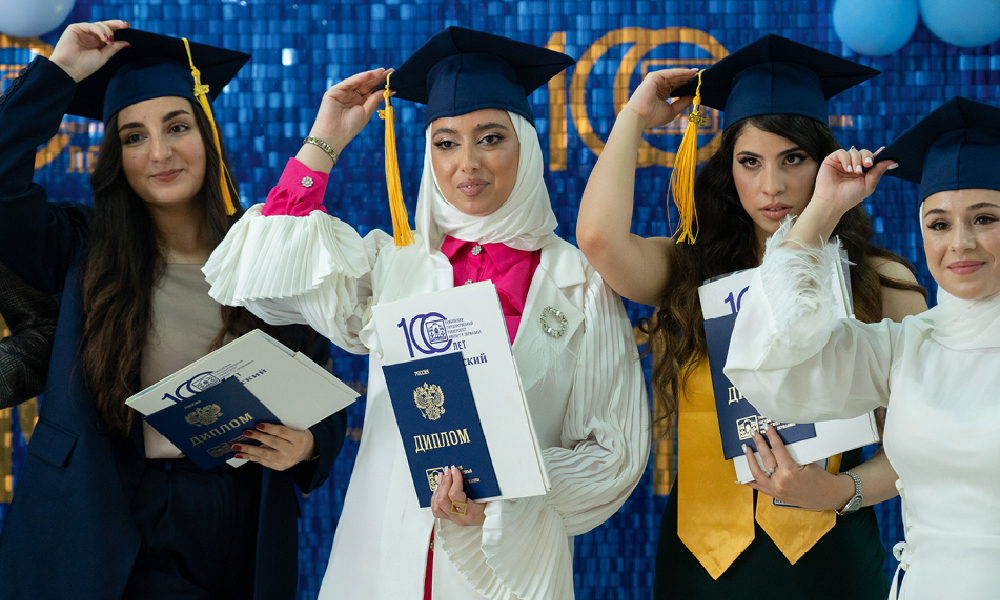
Derzhavin University graduates
All international students from African countries are accommodated in the university dormitory.
Preparatory Department
- Specialized foundation program preparing applicants for admission to any Russian university
- Mastering Russian from scratch to B1-B2 levels and choosing the further study program at the university
- Intensive Russian language course as well as major subjects courses
- Original methods of teaching Russian as a Foreign Language using interactive online services
- Digital learning environment for studying Russian as a Foreign Language for Arabic-speaking students "Russian Language. Beginning"
- Certificates that allow students to enroll in Bachelor's, Specialist's, Master's, and PhD programs.
Duration – 1 year.
Study areas: Medicine and Biology, Humanities, Natural Sciences, Economics.
Mode of study: offline and online
The online Russian language course is also available (it is popular among the citizens of African and Middle Eastern countries).
About the online course at the TSU Preparatory Department
Contact our manager at WhatsApp +7 920 496-13-84 to apply for the Russian language course in one of the study areas
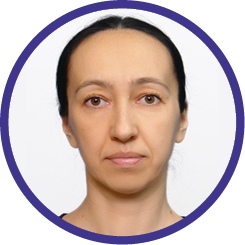
Zhanna Feiser, Candidate of Pedagogical Sciences, Associate Professor, Associate Professor at the Department of Russian as a Foreign Language of Derzhavin University
To teach the Russian language to African students effectively, we should take into account their linguistic characteristics. They often face phonetic difficulties due to the differences in the sound systems of our languages: they can confuse unvoiced and voiced consonants, soft and hard sounds, as well as omit sounds or insert additional sounds. This hampers understanding and communication. Consonant blends such as the blends in the word “zdravstvuyte” are especially difficult. Also, there are mistakes caused by the interference of the native language, which leads to wrong pronunciation and confusion of sounds. In grammar, difficulties are caused by declensions, preposition and case structures and aspect and tense forms, which is difficult for students who are accustomed to simpler structures. Taking into account these characteristics, we take an individual approach to each student.
Tatiana Dyakova, Candidate of Pedagogical Sciences, Associate Professor, Head of the Department of Russian Language of Derzhavin University
In Russian language teaching, it is important to use a nationally-oriented approach, taking into account students' native language and culture as well as their linguistic competence, socio-psychological characteristics, and national pedagogical traditions. The native language influences the process of learning a foreign language at all levels: phonetics, lexis and grammar, and syntax. As students from Africa speak different languages and dialects, it is difficult to identify common problems in studying the Russian language. Nevertheless, Derzhavin University conducts consistent methodological work to improve the teaching of the Russian language, and we can observe positive outcomes in effective acquisition of the language by students.
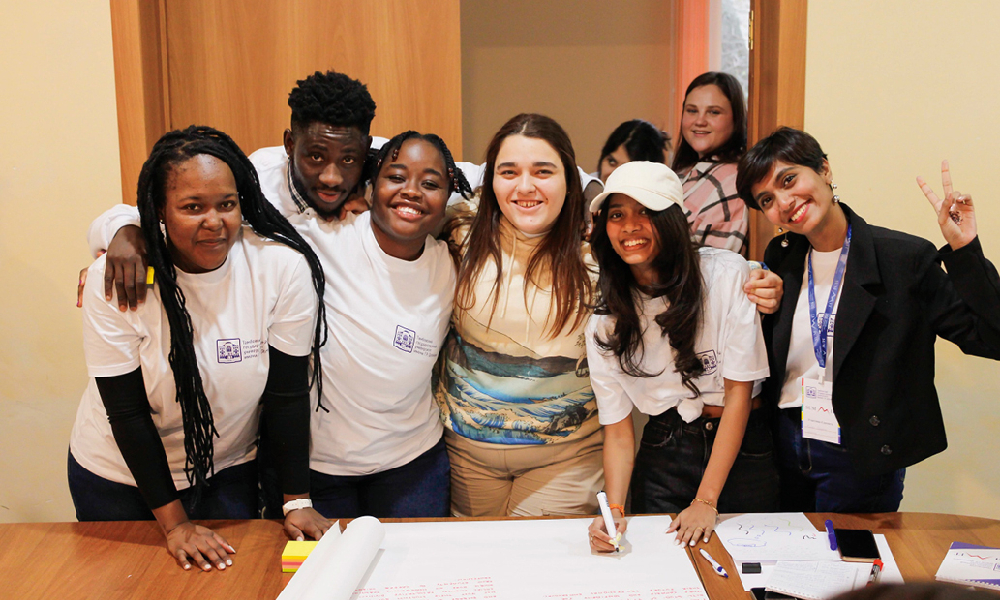
International students of Derzhavin University
Ines Dhif, Graduate of Derzhavin TSU, cardiologist at the National Medical Research Center for Cardiology named after Academician Yevgeniy Chazov of the Ministry of Health of the Russian Federation.
Derzhavin University became the basis for my medical education. Here I mastered the Russian language that is so important for my career. Now I work as a cardiologist at Russia's best cardiology center in Moscow. I freely communicate with my patients and colleagues. I have many Russian friends who have become my second family. Russian is difficult but many things depend on the teacher. I had a great teacher thanks to whom I fell in love with the Russian language, Russian culture, and Russia.
Sulemane Ibrahima Faaizah, Togo. Third-year student at the Institute of Medicine and Health Preservation.
I study at Derzhavin University under a Russian Government scholarship. In the beginning, it was very difficult for me, but thanks to my patient and attentive teachers, I grew fond of the Russian language and my university. I take an active part in university events and always communicate with students from different countries in Russian, which helps me learn the language. I would advise all students, who choose Russian universities, to be diligent in studying Russian, and they will definitely succeed.
Mpassi-Matondo Meshack Esperant, Congo. Medical resident majoring in Surgery.
My education began with studying Russian at the preparatory faculty of another university. Of course, it was difficult, but I tried to do my best. When I became a student of the Medical Institute of Derzhavin University, I continued to study Russian as I realized how important it was for successful studying. Now I help other international students who have just arrived in Russia. I am sure that they will love Russia and will be happy to study here.
I want to address all students, who choose Russian universities: we leave our country to gain knowledge and experience to come back in the future. We represent our countries, so it is important for us to be successful and be at our best so that our compatriots can be proud of us.
Habib Mohamed Ilyes, Algeria. Second-year student at the Institute of Medicine and Health Preservation.
I am genuinely happy to be a Derzhavin University student. I am grateful to my Russian language teacher for high-quality training, thanks to which I can study and communicate. I am sure that good language proficiency will help me get a high-quality education and to succeed in my profession.
There are a lot of international students at our university. The Russian language has united us all, and we have become friends. We are grateful to the university for this opportunity.
30.11.2024
